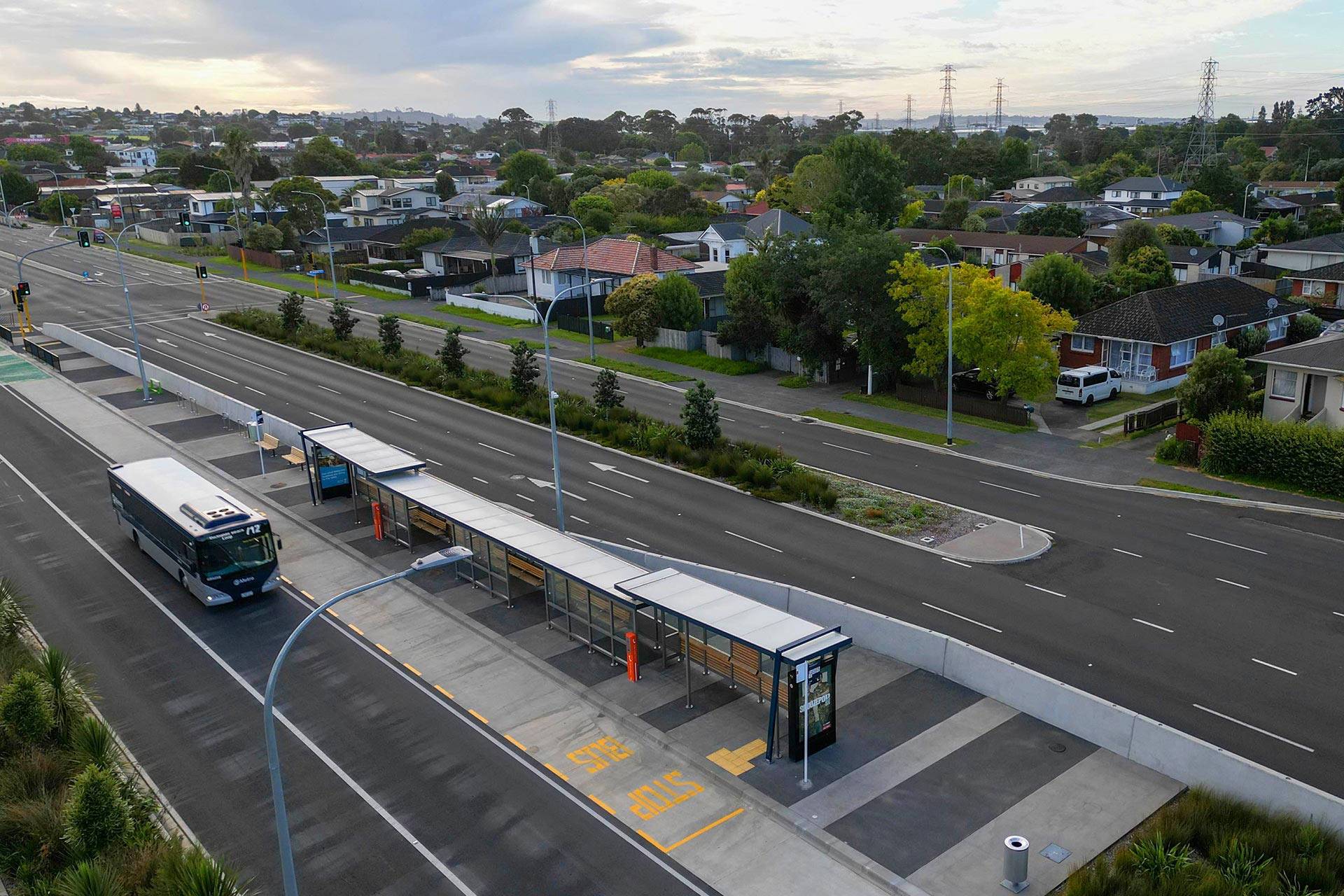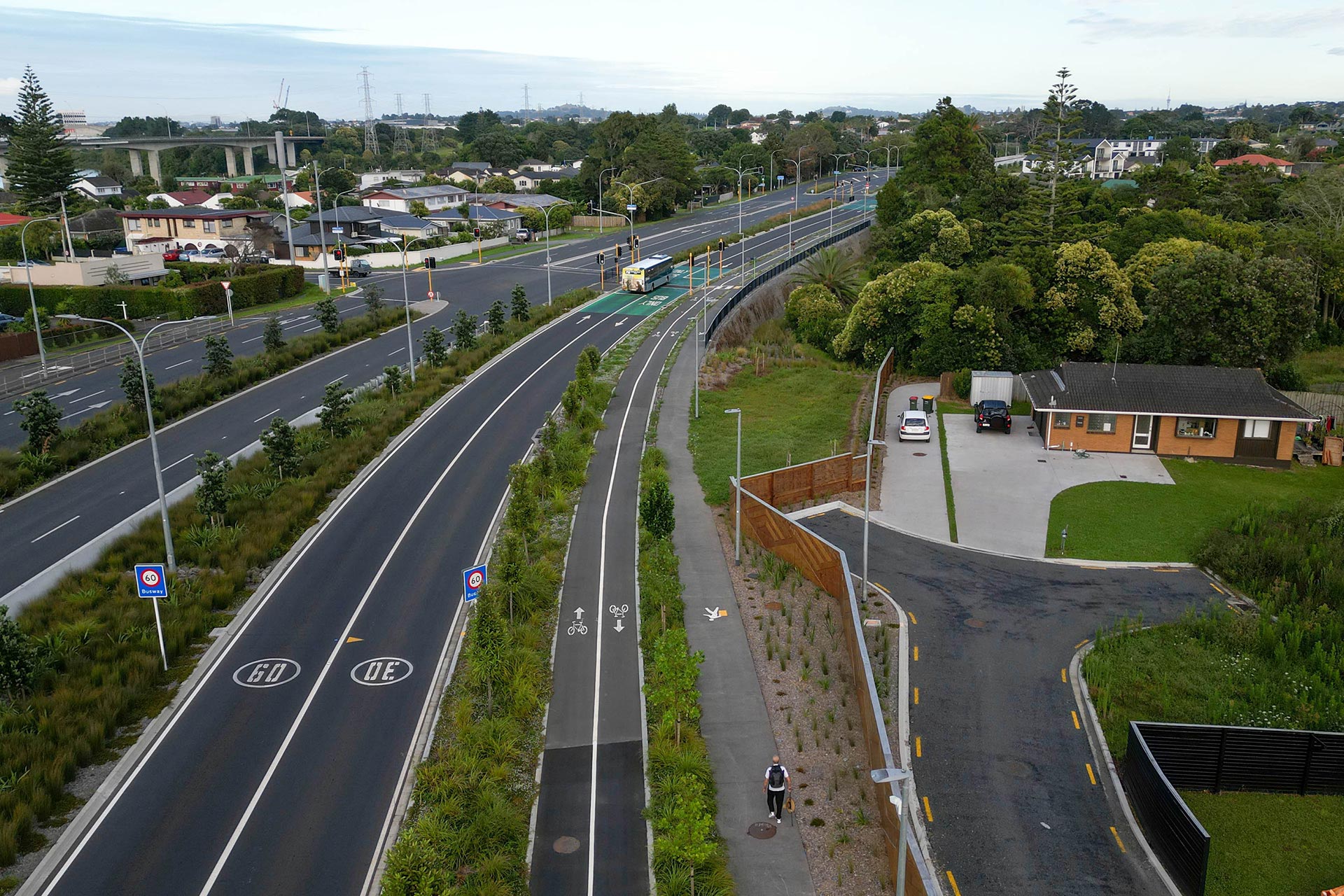Providing legal advice and services for those affected by the Public Works Act 1981 (PWA)
What is the Public Works Act 1981?
The Public Works Act 1981 in New Zealand allows the Crown (being the Government) and local authorities to acquire private land for public works such as roads, bridges, schools, hospitals, and other infrastructure projects. This Act enables the Crown (for Government work) and local authorities (for local work) to exercise the right of eminent domain, meaning that they can take private property for public use after compensating the owner. The Act is administered by Toitū Te Whenua – Land Information New Zealand (LINZ).
How can the PWA affect Homeowners?
The impact on homeowners can vary depending on the specific situation, but the following are some of the ways the Public Works Act 1981 can affect homeowners:
- Property acquisition: The Crown or local authority can acquire the homeowner’s property if it is deemed necessary for a public work. In such cases, the homeowner is entitled to fair and reasonable compensation for the loss of their property.
- Restrictions on use of property: If the homeowner’s property is affected by a public work, they may face restrictions on the use of their property, such as access restrictions or limitations on the types of activities they can carry out including any additions, alterations or redevelopment without first obtaining consent from the Crown or local authority.
- Decreased property value: In some cases, a public work may negatively impact the value of a homeowner’s property, either due to the physical changes to the property or the restrictions on its use.
Overall, the Public Works Act 1981 can impact homeowners in different ways, but the Crown or local authority is obligated to compensate the homeowner for any loss or damage that results from a public work.
How can the PWA affect Business Owners?
The Public Works Act 1981 can have significant impacts on business owners. As with homeowners, the Crown is obligated to compensate business owners for any loss or damage resulting from a public work project.
The PWA can affect business owners similarly to how it impacts homeowners, with some additional considerations.
- Property acquisition: If a business owner’s property is deemed necessary for a public work project, the Crown may acquire the property through eminent domain and compensate the owner for the loss. This could potentially result in the displacement of the business and the need to find a new location, which could incur significant costs and disruptions.
- Restrictions on use of property: A public work could result in restrictions on the use of a business owner’s property, such as limited access or reduced parking availability. This could impact the day-to-day operations of the business and potentially reduce its revenue.
- Decreased property value: Similar to homeowners, a public work could negatively impact the value of a business owner’s property and potentially reduce its value.
- Business disruption: If a business owner’s property is affected by a public work, they could face disruptions to their operations during construction. This could result in decreased revenue and potential losses.
What should I do if my property is impacted by a Public Works Act project?

How can Wynyard Wood help?
Our expert property lawyers can assist you in a number of ways if your property is impacted by a public work:
- Reviewing your rights: we can review the details of the public work and the notice of designation and advise you on your rights and obligations under the Public Works Act 1981.
- Negotiating compensation: we can assist you in negotiating a fair and reasonable compensation package for the loss or damage to your property. We can also advise you on any other compensation you may be entitled to, such as compensation for business disruption or loss of income.
- Making a claim: If you are not satisfied with the compensation offered, we can assist you in making a claim in the appropriate forum (being the Court or Land Valuation Tribunal). We can also advise you on the process and the legal requirements for making a claim.
- Representation: we can offer legal representation for you in negotiations and court proceedings and advocate on your behalf to ensure your rights are protected and that you receive a fair and reasonable compensation package.
An experienced property lawyer can provide valuable assistance if your property is impacted by a public works project under the Public Works Act 1981 in New Zealand. They can advise you on your rights and obligations, assist in negotiating compensation, and represent you in legal proceedings if necessary.













